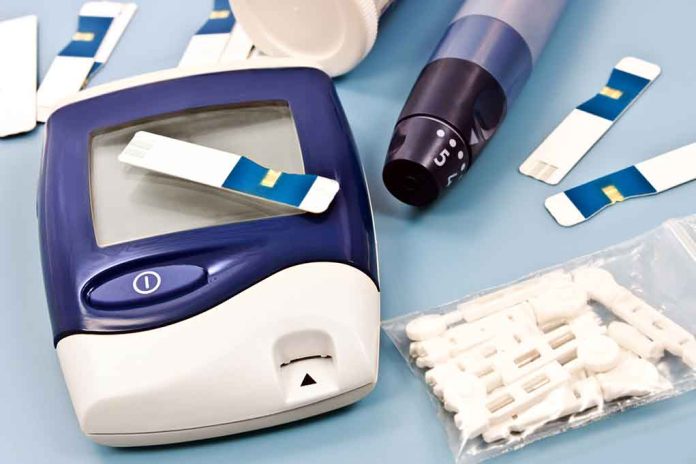
STOP! 10 Warning Signs of a Health Emergency
(AscendHealthy) – According to the Center for Disease Control, over 34 million Americans have diabetes. Did you know, though, that the signs and symptoms of diabetes can be subtle and may go undetected for years? You or a loved one may be suffering silently if you continue to shrug off those symptoms that could actually lead to more serious health problems down the road. If you are at risk for diabetes, it is important that you know the signs and symptoms so you can discuss them with your doctor.
What is High Glucose?
There are actually three types of diabetes, so it’s important to understand how diabetes affects your body and why you may be at risk. This knowledge is important for having the right conversations with your doctor. Type 1 Diabetes and Gestational diabetes are related to the body not creating enough insulin. Being diagnosed with one of these two types is not unusual, but it’s less likely that most of us will fall into these categories. Type 2 Diabetes is actually the most common diagnosis, making up an astounding 90-95% of cases. It occurs when your body does not process insulin correctly, and the body has too much glucose. While your pancreas is trying to make more insulin to get your body to respond, blood sugar builds up and continues to rise. This can lead to a number of health issues, which is why it’s critical for you to stay aware of the concerning signs of high glucose.
Signs of High Glucose
Many symptoms of diabetes may manifest slowly over time, meaning you may just brush off signs that could actually be red flags for more serious health issues. Learning to recognize the signs of high glucose can make a huge difference to your health, especially if you are already at risk for diabetes. If you have a family history of diabetes, are aged 45 or older, or perhaps you have already been diagnosed with prediabetes or gestational diabetes, you should be on alert and watching for any of these signs of high glucose levels:
- Excessive thirst
- Frequent urination
- Unexplained weight loss
- Insatiable appetite
- Blurry vision or dizziness
- Numbness or tingling in the hands or feet
- Fatigue and tiredness
- Dry or irritated skin
- Slow-healing sores or frequent infections
- Yeast Infections
Ignoring high glucose can have devastating health effects, including the risk of heart disease, kidney disease, or vision loss. If you are experiencing signs of high glucose, schedule an appointment with a doctor. It is never too early to discuss preventative care, so talk to your physician about getting tested for diabetes or learning how to manage your symptoms. A simple conversation can give you the answers you need to begin regaining control of your health.
Copyright 2024, AscendHealthy.com




















